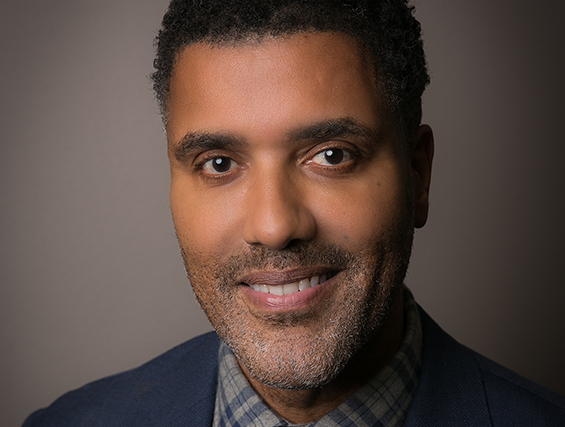
Dr. William Yates started losing his hair in his early 20’s, so he understands the impact hair loss can have on one’s self-esteem and self-confidence. As a physician and surgeon in Chicago, he specializes in hair transplantation and other state of the art techniques to treat all hair types for both men and women.
People are used to seeing men with male-pattern baldness, but why is black female hair loss becoming an epidemic?
Mainly because of styling practices like tight braids, weaves and relaxing chemicals.
A lot of Black women with hair loss wear braids, wigs and weaves because they feel like they don’t have a choice. What do you say to them?
That’s fine, but when there is evidence of breakage and hair loss, their grooming patterns need to change.
What, if anything, can be done to completely stop hair loss?
Unfortunately, at present, there really isn’t anything that can completely stop hair loss. There are pills that men and some women can take that come the closest, called Propecia, but currently, there is no cure.
Does hair transplantation really work for African-American hair of all textures and how much does it cost?
Most of the time, the results of hair transplantation in African-Americans are amazing. It does not have a good track record for those who have hair loss from scarring. The average cost is $8-$10,000.
Do any of these over-the-counter products to make your hair grow back really work?
The question is: What does really work mean? Most hair products you obtain over the counter are very similar from the one next to it. What separates them usually is the color of the package or the fragrance. Depending on the ingredients, they can have the possibility of helping hair loss.
What kind of non-surgical treatments do you offer?
Medications to treat hair loss such as Propecia ; Rogaine is a topical over the counter solution; cold low-level light laser therapy ; and PRP (platelet rich plasma) and stem cell therapy all are effective depending on the cause of the hair loss. In addition to PRP being new and regenerative for hair regrowth, another revolutionary option is follicular micropigmentation where we use pigment to give the illusion of hair. The results are immediate and safe!
You’re in Chicago — how can listeners find a reputable doctor to treat black-hair issues where they live ?
Call me. Or check out my official websites HERE and HERE.
Dr. Yates answers your hair loss questions below:
I’m tired of shaving my head. I don’t want hair on my head. Can you make any recommendations? Can the dead follicles be transplanted to replace healthy ones?
Do platelet rich plasma treatments work for the hair?
Is there anything that can be done if you have alopecia?
Will this hair transplant work on female African alopecia? And I have a friend who lost her hair due to high blood pressure medicine – will it work for her?
Does Karanique work on women’s hair? My doctor told me to use men’s Rogaine, will that work?
How does one contact Dr Yates to make an appointment for consultation?
Is it possible with locs? Or do you have to cut them out to get the procedure?
What’s a natural DHT blocker that works for women?
Can I continue wearing my wig as the hair grows after the hair transplant?
Yes.Can you transplant from your scalp hair to your eyebrows?
Doc, can you perm this implant hair?
Doc my whole head is bald. Could I take hair from another part of my body and add to my head?
I am a 44-year-old woman whose hair is thinning. What can I look into before considering transplant?
See your local dermatologist.I recently moved into a new house and noticed that since I’ve moved my hair is thinning. I thought it was stress. Can hard water or water with calcium buildup make you lose your hair?
If your hair is gray, after the transplant will it go back to its original color?
Does the doctor have any suggestions for edges that were taken/burnt out due to perming hair?
Yes, hair transplant works well with PRP.Dr. William Yates has had a passion and drive for excellence his entire career. Dr. Yates graduated with a B.A. in Medical Science from Northwestern University and then received his M.D. from the 6-year Honors Program from Northwestern University in Illinois.
He completed his Surgical Internship at Howard University Hospital in Washington DC in 1986 and General Surgery Residency in 1990. In 1991, he completed his Fellowship in Critical Care/Trauma at the University of Maryland Hospital. He is a Fellow of the American College of Surgeons and a Diplomat of the Board of Hair Restoration Surgery.
Like BlackAmericaWeb.com on Facebook. Follow us on Twitter and Instagram
















